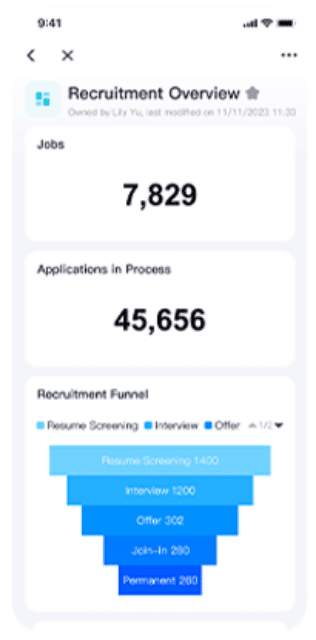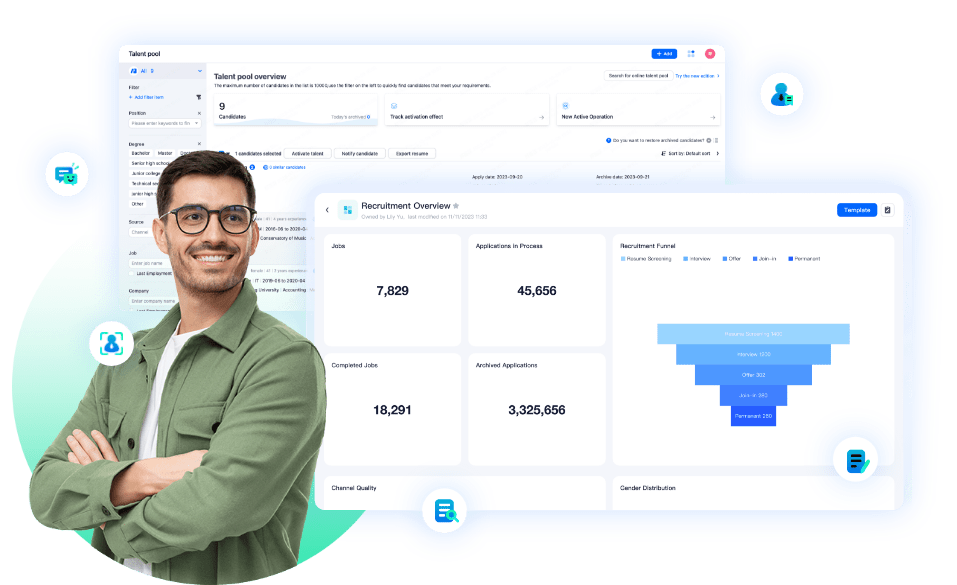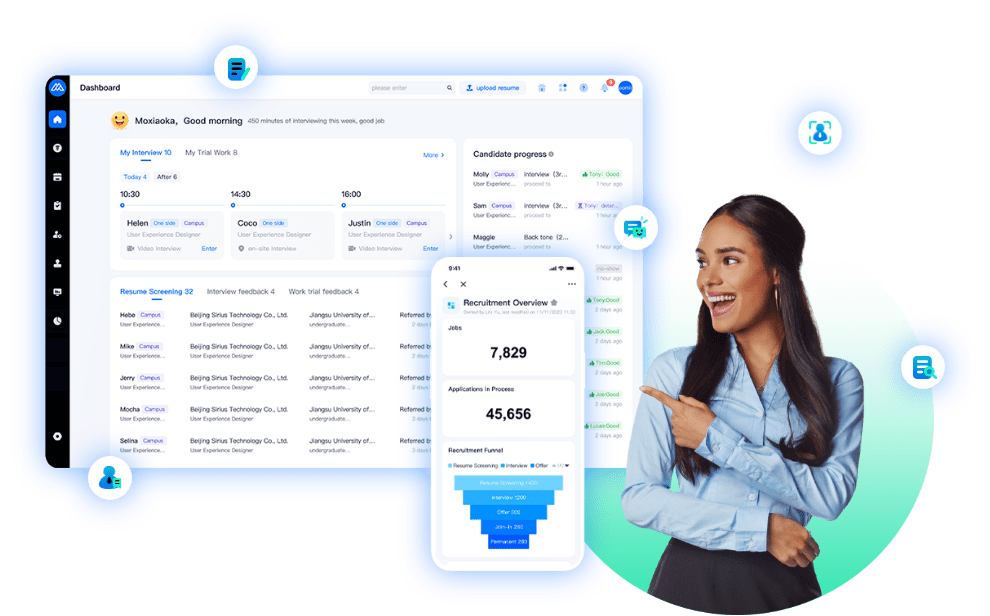
Did you know that a staggering 98% of companies are now using some form of artificial intelligence in their hiring processes? That’s right! With such an overwhelming number, it’s clear that AI is revolutionizing how we approach recruitment. But with great power comes great responsibility—especially when it comes to legal regulations surrounding this technology.
The Legal Landscape of AI in the Hiring Process
ai in the hiring process isn’t just about efficiency and speed; it also brings along a host of legal implications. From data privacy laws like GDPR to anti-discrimination regulations, organizations must navigate a complex web of compliance requirements. The use of algorithms can inadvertently lead to biased outcomes if not carefully monitored, raising concerns about fairness and transparency. This is where Corporate Social Responsibility (CSR) steps into the spotlight, urging companies to act ethically while leveraging these powerful tools.
Diving Deeper: AI’s Role in CSR
When we talk about Corporate Social Responsibility (CSR), integrating AI into hiring practices presents both opportunities and challenges. On one hand, responsible use of AI can enhance diversity by removing human biases from initial screenings; on the other hand, if left unchecked, these systems could perpetuate existing inequalities. Companies need to ensure their algorithms are trained on diverse datasets and regularly audited for bias—this commitment reflects not only ethical standards but also enhances their brand reputation among socially conscious consumers.
MokaHR’s Commitment to CSR
MokaHR stands out as a prime example when discussing CSR within the realm of AI-driven hiring solutions:
- Diversity Focus: MokaHR actively promotes inclusive hiring practices by ensuring its algorithms prioritize candidates from varied backgrounds.
- Transparency: They provide clear insights into how decisions are made by their systems, allowing candidates to understand what factors influenced their evaluation.
- User Education: MokaHR invests time in educating employers on best practices for using AI responsibly during recruitment processes.
- Sustainability Initiatives: Their operations reflect sustainable business practices that align with broader social goals beyond mere profit-making.
- A Continuous Feedback Loop: By encouraging feedback from users regarding algorithm performance and candidate experiences, they adapt quickly to improve fairness over time.
The Bottom Line

The integration of ai in the hiring process offers immense potential for improving efficiency and inclusivity—but it doesn’t come without its pitfalls. As we’ve explored today, navigating through legal frameworks while embracing Corporate Social Responsibility is crucial for any organization looking to leverage this technology ethically. Ultimately, being proactive about these issues not only protects businesses legally but also builds trust with stakeholders who value integrity above all else!

